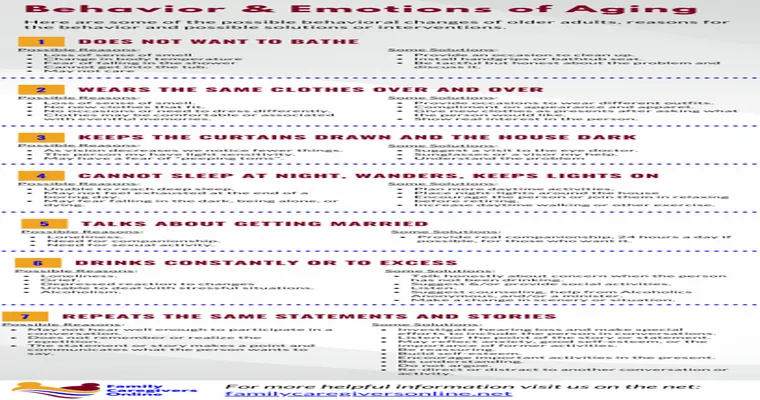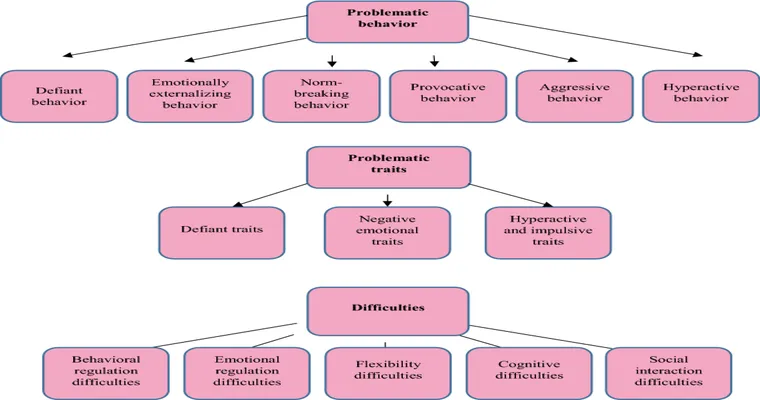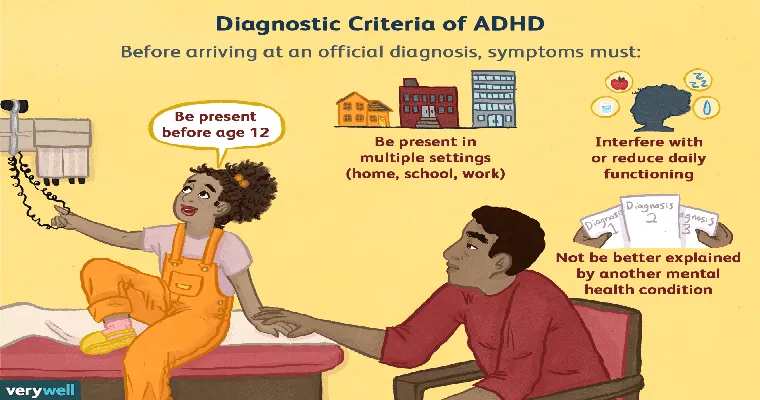As our parents age, it is common to encounter "difficult behaviors" that can be challenging to navigate. Understanding how to effectively manage these changes in behavior is crucial for maintaining a healthy relationship and ensuring their well-being. In this article, we will explore practical strategies for dealing with "aging parents" who may exhibit signs of frustration, confusion, or resistance to care.
One of the first steps in dealing with difficult behaviors is to approach the situation with "empathy". Aging can bring about a sense of loss of independence and control, which may manifest as anger, withdrawal, or stubbornness. Acknowledging their feelings and validating their emotions can help bridge the communication gap. Instead of reacting defensively, try to listen actively and show that you understand their perspective.
Maintaining open lines of communication is also essential. Regularly check in with your parents to discuss their feelings and concerns. This can help you identify any "underlying issues" contributing to their difficult behaviors. For example, if they are resistant to assistance, it might stem from feelings of inadequacy or fear of losing autonomy. By encouraging dialogue, you can work together to find solutions that respect their wishes while ensuring their safety.
Creating a structured environment can also alleviate some of the stress that comes with aging. Establishing a daily routine can provide your parents with a sense of stability and predictability. This can be particularly helpful for those experiencing memory issues or cognitive decline. Simple tasks, such as meal planning or medication schedules, can be organized into a daily checklist, making it easier for your parents to follow along without feeling overwhelmed.
Another effective strategy is to involve professional help when necessary. If your aging parents exhibit significant behavioral changes, consider consulting with medical professionals or therapists who specialize in geriatric care. They can offer valuable insights and resources to help manage these behaviors more effectively. Additionally, support groups for caregivers can provide you with coping strategies and emotional support as you navigate this challenging phase.
Patience is key when dealing with difficult behaviors. Understand that these changes are often not personal and may be a result of physical or emotional struggles. When frustration arises, take a step back and practice self-care. Caring for aging parents can be emotionally taxing, and it is vital to prioritize your own well-being. By maintaining your own mental health, you will be better equipped to handle the challenges that come your way.
Finally, remember that change takes time. It is essential to set realistic expectations for both yourself and your parents. Small victories, such as successfully navigating a difficult conversation or finding a solution to a recurring issue, should be celebrated. Over time, with consistent effort and understanding, you can improve your relationship with your aging parents and help them feel more secure and supported.
In conclusion, dealing with "aging parents’ difficult behaviors" requires a combination of empathy, communication, structure, and patience. By approaching these challenges with an open heart and a willingness to understand, you can foster a more harmonious relationship with your parents as they navigate the complexities of aging.





